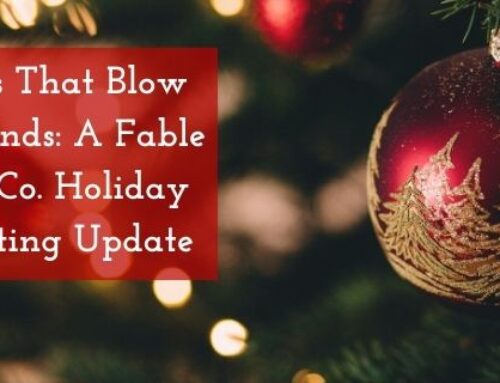As a fiction writer, I’ve attended seminars, haunted forums, and picked other authors’ brains for details on how to tell a story. At the most basic, a story must have a beginning and a plot, but there’s never really an ending. Sure, the writer gets to choose where to stop the story, but as we’ve seen with the proliferation of series, sequels, paraquels, and even fan fiction, stories never really end. Even if the writing by the original author ends, characters live on in the hearts and minds of readers forever.
Now, creating a story that has the power to live forever isn’t an easy task. It takes a lot of work, yes, and also a lot of talent. You must be willing to follow tried-and-true formulas and also brave enough to toss the rules aside. Your characters must be deep, multi-faceted, and realistic, even if your story is set in a dream world like Narnia. Readers must find something they can connect to, even in the most fantastic and out-of-this-world tales.
When you do these things, and so much more, you can make your mark in the lives of your readers.
Now, what does all of this have to do with branding and marketing?
A Fictional Approach
If you craft a brand story that can reach people the way JK Rowling did with Harry Potter or LM Montgomery did with Anne Shirley or SE Hinton did with Ponyboy Curtis, then you can be sure your brand will enjoy similar longevity.
To make that happen, we just approach that brand story the same way we would a novel. First, the plot. What is your company all about? What will make your buyers grab ahold and never let go? What makes your brand different from all the others in your industry? In other words: What is your unique value proposition?
Ah, we’re speaking your language now, right?
Next, we consider your hero. If you think the hero is your brand, then you might want to think again. Your buyers are the ones making the journey from awareness to consideration to purchase—and then, if you’re lucky, there’s a sequel, where they go through consideration and purchase again. If you really do it right, then there’s a series! Purchase after purchase after purchase.
What motivates that hero? What are his pain points, and how will you solve them? When creating your buyer personas, you must understand even the smallest details about your buyers. The more you know about your hero, the more real he or she becomes, and that makes it easier to create stories that really connect.
Once you know the plot and the hero, it’s time to really dig into those emotions. How do you want people to react to your brand? If you’re selling security, you may need to evoke some fear in your buyers. If you’re selling luxury, a little bit of envy can go a long way. And a romance novel is always going to sell, right? Plucking at the heartstrings with some love and affection is never a bad move.
Now, we know that telling stories isn’t always easy. Like singing, dancing, or doing complicated mathematical equations, some people have a gift for it, and some have to work really hard at it. If you’re not a storyteller by nature, that’s okay. It’s why we’re here. Through your blog, your ebooks, your social media, your videos, and any other content you put out there, Little Red Writing can help you craft your brand story.
We have some quick-pick pricing here, or you can reach out to get a quote on your specific project. Reach out whenever you’re ready.







I love the notion of making the consumer the hero of your brand story. Because it makes sense. As customization and personalization become more common in marketing, the days for brands to be selfish are over. Brands that really take the time to base their decisions on their target consumer and work backwards from that point are the ones that will be the most successful.